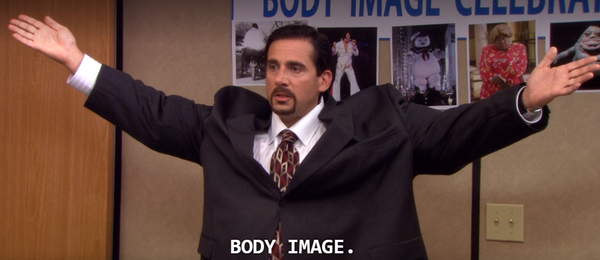Freedom and justice are two virtues that societies often attempt to fulfill simultaneously. Due to the multifaceted nature of the virtues of justice and freedom, there is a plethora of ways that one would choose to describe them as individual entities. Freedom in general is the ability for an individual to do what they please without any impediment. Justice is fair conduct and treatment towards all. Within any ideal society, or utopia it would be necessary to have both justice and freedom instilled into the inner workings of the community and executed in harmony. Despite the requisite to foster both justice and freedom in order to fashion a utopian society, the two virtues themselves contradict each other when implemented in a societal setting. In Plato’s The Republic, Socrates (who Plato is speaking through) proposes a hypothetical city-state to his peers Glaucon, Polemarchus, Cephalus and, Thrasymachus that idolizes the virtue of justice. Throughout Socrates’ description of his ideal city, he advocates the importance of justice in a model society. All through the discussion between Socrates and his Athenian peers regarding the implementation of justice in a society, Socrates goes into great detail on how justice will be instilled and maintained in society. While describing the measures to enforce justice in the city, it becomes evident that through these measures that an individual's freedom is simultaneously being taken away for the sake of justice. Despite the fact that Socrates’ fabrication of this purely just society was a mere thought experiment, it remains true to life. Within society it is impossible to have both pure justice as well as pure freedom. The virtues of justice and freedom carry an inverse relationship; as justice increases freedom decreases, as freedom increases justice decreases.
In a utopian city where all is just, every citizen is treated the exact same in every way shape and form. In a purely just society individuals would be treated so similarly it would be uncanny. For example, in a purely just society, every child would receive the same exact bicycle at the same exact age and every single individual would be rationed the same exact amount of food and water to consume as every other individual. Despite the fact that the citizens of this hypothetical society receive the exact equal treatment they, in turn, lose their free will and their right to make decisions for themselves. No child will be able to chose the specific bike to their personal liking and no individual will have the say in what they consume etc. for the sake of justice and equal treatment for all.
Paralleled to the aforementioned examples are the specific guidelines that Socrates produces for the guardians of his hypothetical society. Within Socrates’ theoretical society he poses the necessity for a guardian class to protect the physical city as well as its state of justice. In Socrates’ description of the guardian class he fabricates a strict code of conduct for the guardians that they must follow in order to be able to protect the city’s foundation of justice. In the eyes of Socrates, guardians are not fully capable of protecting justice until the age of 50. Within Book III of The Republic Socrates explains that guardians should only be taught the four virtues of wisdom, courage, temperance and, justice. Explicitly ignoring all forms of poetry and fiction because these types of literature can be regarded as libelous. In addition to the guardians’ educational restrictions Socrates also outlines strict reproductive guidelines where wives and children are to be shared and children of the guardians are to remain ignorant of who their birth parents are. In this hypothetical city-state, the guidelines imposed by Socrates are meant to nurture justice as a virtue within its society.
With the imposition of the guardians’ guidelines Socrates fabricates a city that will foster justice but, by doing so he belittles the guardians’ sense of free will. By requiring specific educational requirements of the guardians they lose the option to choose what they personally want to study. Due to the guidelines regarding intimacy and family life, the guardians have no choice in who they love and raise children with. Socrates believes that the overall happiness is more important than individual citizen’s happiness. He believes that when everyone (in this case, the guardians) are fulfilling their duties to the overall state, that justice is flourishing. As the level of justice within Socrates’ hypothetical society increases, the freedom of its dwellers decreases. Guidelines such as the ones depicted in Socrates’ hypothetical society can be paralleled to any other society whose laws nurture justice but in turn impede on individual freedom.





















